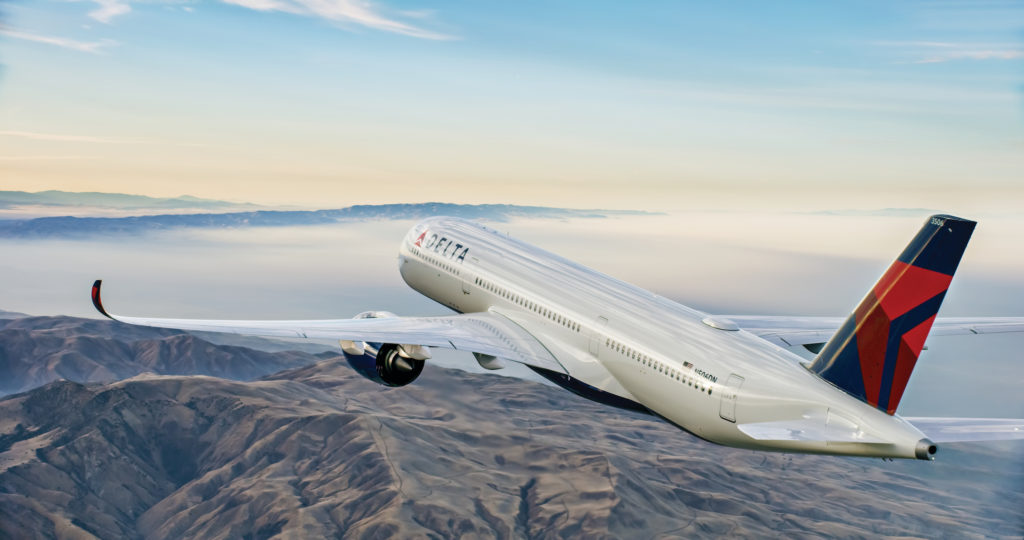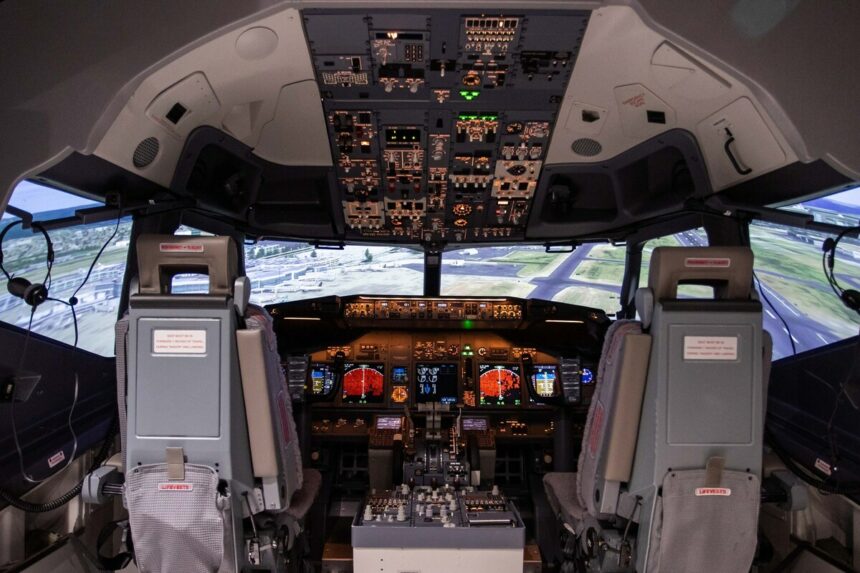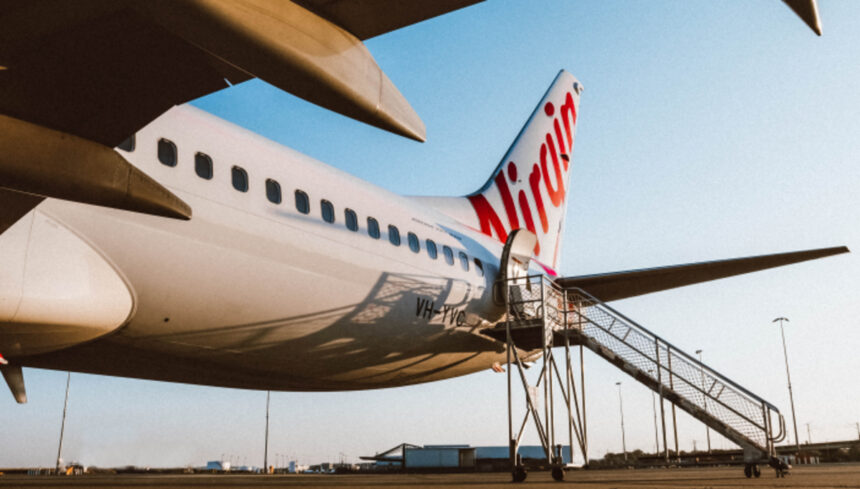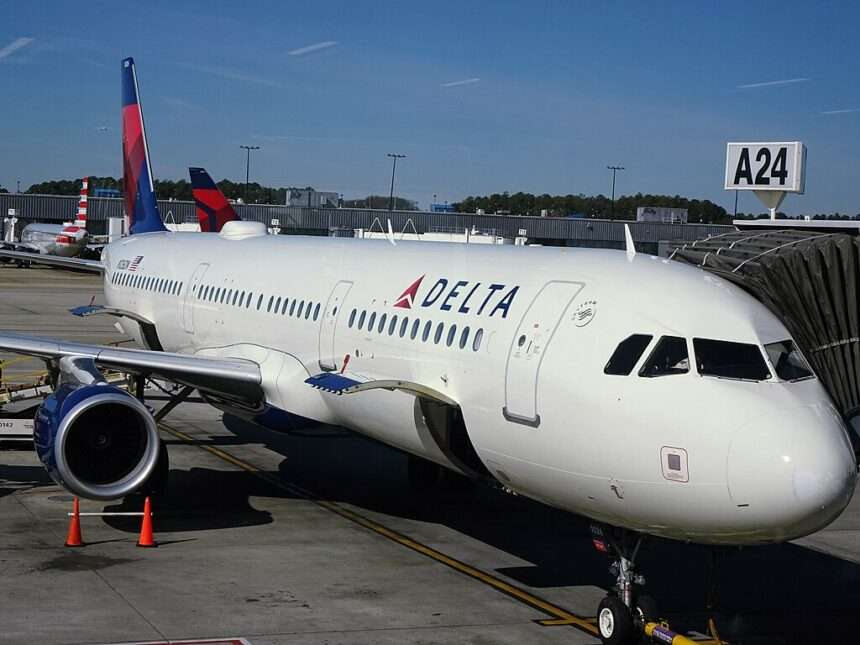Last week, Delta Air Lines announced its roadmap to more sustainable travel and outlined how the airline will reach its target of net zero emissions by 2050.
In an email detailed to more than 90,000 employees from Pam Fletcher, Delta’s Chief Sustainability Officer, the roadmap focuses on two areas:
- Embedding sustainability in everything the airlines does.
- Eliminating the company’s climate impact from flying.
In part of the email, Fletcher commented “Delta people are known for doing difficult things well” before adding, “As we reshape the fundamentals of aviation, we are as dedicated to making immediate progress as we are investing wisely in disruptive solutions”.
Delta’s sustainable strategy will include a series of incremental milestones that will allow the airline to measure the progress of its strategy over the years to come.
For example, in the near term, the airline will push forward with minimising the use of single use plastic, transistioning to electric ground service equipment and encouraging its suppliers to switch to more sustainable alternatives.
For the medium term, Delta wants to make serious leaps in its use of Sustainable Aviation Fuels (SAFs) which will help significantly bring down their emissions year on year.
As for the long term, the main goal is reaching net zero by 2050, a goal shared by main airlines around the world.
Embedding sustainability in everything Delta does
In order for Delta to achieve this aim within its sustainability roadmap, Fletcher shared that the airline can do so by focusing in three key areas.
These are The Travel Experience, Supply Chain and Ground Operations and Facilities.
For the travel experience aspect, this covers elements already mentioned such as cutting down and eliminating the use of single use plastics.
On top of this, increasing the amount of recycling the airline contributes to and investing in more sustainable products for passenger use and improve the customer experience.
From the supply chain aspect, this covers areas such as encouraging Delta’s suppliers to create their own paths to net zero.
The airline is also the first in the US to partner with EcoVadis, who is able to provide business sustainability ratings, so the airline can see if their suppliers visions are aligned with Delta’s.
Finally for the ground operations facilities aspect, this cover all of the parts of Delta’s operations on the ground, such as fuellers, baggage handlers and many more.
For example, the airline will be pushing forward to make these operations as sustainable as can be, such as using electric equipment.
Eliminating the company’s climate impact from flying
Similar to Delta’s “embedding sustainability in everything Delta does” goal, the airline has outlined 3 areas they will focus on in order to eliminate the climate impact from flying.
These areas are efficient aircraft operations, clean fuel and revolutionary fleet.
In terms of efficient aircraft operations, this includes Delta continuing to reduce its overall fuel consumption, implement efficient air traffic control operations and investing in new technologies to help bring down its overall emissions.
As for the clean fuel area, this will of course focus on the increased use of sustainable aviation fuels which will be the biggest push towards net zero for the airline.
Currently, there isn’t enough SAF to power the entirety of Delta’s fleet, but that is why the airline is investing in companies to be able to make that ability a reality in the near future.
Lastly is revolutionising Delta’s fleet; as of right now, Delta is making strong progress in this field. For example the airline already boasts a strong fleet of next generations widebody aircraft supported by the A350 and A330neo.
Their narrowbody fleet is also beginning to see upgrades to the latest variants of aircraft too.
These aircraft upgrades however do only represent the short to mid term for fleet modernisation, which means Delta will have to look further forward to the likes of hydrogen powered aircraft.
In this case, Delta is already partnering with Airbus to help develop the first fleet of hydrogen powered planes, which will propel the airline into the future.
The plan summarised
As we can see from this sustainability roadmap released by Delta, the airline is joining an ever growing list of airline who have their futures mapped out for the greater good of the world.
The airline’s plans are ambitious and appear to tick all the boxes needed to help them reach net zero and it will be exciting to see how their roadmap comes into fruition as the years go by.
Fletcher did add in her email that she is “excited about our journey ahead” and “There is no better team on the planet to drive the more sustainable future of flying”.









